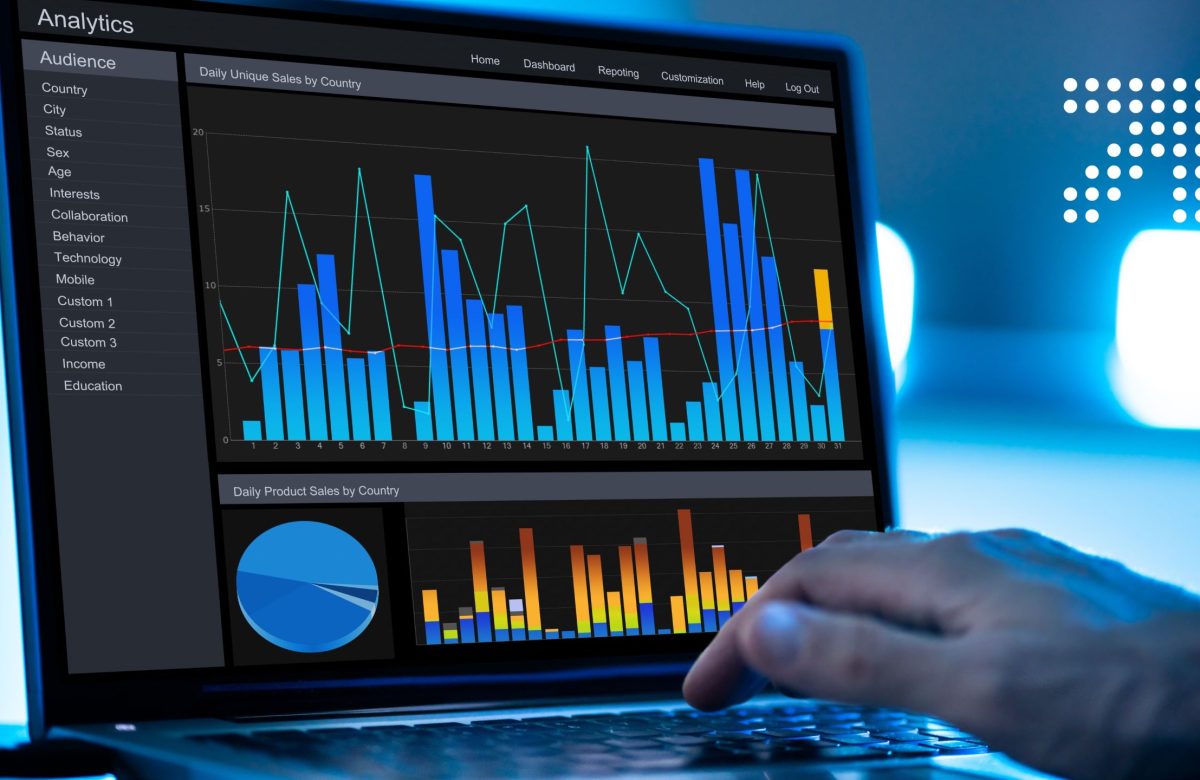The Power of Analytics and Data Analysis in Modern Marketing Strategies
In the fast-paced world of digital marketing, staying ahead of the competition requires constant adaptation and a keen eye for trends and consumer behavior. To achieve this, businesses are turning to analytics and data analysis to gain valuable insights and make informed decisions. In this article, we will explore the importance of analytics and data analysis in modern marketing strategies and how it can shape the future of your business.
Why Analytics and Data Analysis Matter
In the ever-evolving landscape of marketing, understanding your target audience, their preferences, and their behavior is crucial. This is where analytics and data analysis come into play. Here are some compelling reasons why they matter:
- Customer Understanding: Analytics help you gain a deep understanding of your customers, their demographics, and their preferences. With this knowledge, you can tailor your marketing campaigns to resonate with your target audience effectively.
- Performance Evaluation: Through data analysis, you can track the performance of your marketing campaigns in real-time. This allows you to make immediate adjustments to optimize your efforts and maximize ROI.
- Competitive Advantage: In today’s competitive marketplace, data-driven insights can provide you with a competitive advantage. By analyzing data, you can identify opportunities and threats and react swiftly.
- Cost Efficiency: Analytics can help you allocate your marketing budget more efficiently. By identifying which channels and strategies are delivering the best results, you can allocate resources where they will be most effective.
- Personalization: Data analysis enables personalized marketing strategies, which are proven to be more effective in engaging and converting customers. Personalized content and offers can significantly boost customer loyalty.
- Trend Spotting: Analyzing data can help you spot emerging trends and capitalize on them before your competitors do. This agility is invaluable in a fast-moving market.
- Improved Decision-Making: Informed decisions are the bedrock of successful marketing campaigns. Analytics provide the data you need to make data-driven decisions that can lead to more successful outcomes.
The Tools of Analytics and Data Analysis
To harness the power of analytics and data analysis in your marketing strategy, you’ll need the right tools. These include:
- Google Analytics: A comprehensive tool for tracking website traffic, user behavior, and conversions. It offers invaluable insights into your online presence.
- Social Media Insights: Platforms like Facebook, Twitter, and Instagram provide detailed analytics about your social media performance, helping you refine your social media marketing strategies.
- Email Marketing Analytics: Email marketing services, such as MailChimp and Constant Contact, offer analytics on email open rates, click-through rates, and more, helping you gauge the effectiveness of your email campaigns.
- CRM Systems: Customer Relationship Management (CRM) systems like Salesforce and HubSpot allow you to track customer interactions and gather data for analysis.
- Marketing Automation Platforms: Tools like HubSpot and Marketo help you automate marketing processes and provide detailed analytics on campaign performance.
- Data Visualization Software: Tools like Tableau and Power BI help in visualizing complex data, making it easier to understand and act upon.
How to Use Analytics and Data Analysis in Marketing
Now that we understand the importance of analytics and data analysis let’s delve into how to use them effectively in your marketing strategies.
- Identify Key Performance Indicators (KPIs): Start by defining the KPIs that matter most to your business. These might include conversion rates, click-through rates, customer acquisition cost, and more. Knowing what to measure is the first step.
- Collect and Analyze Data: Implement tracking tools and collect data from various marketing channels. You can then consolidate and analyze this data to draw meaningful insights.
- Segment Your Audience: Not all customers are the same. Use data analysis to segment your audience based on demographics, behavior, and other criteria. This allows for more personalized and effective marketing campaigns.
- A/B Testing: Conduct A/B tests to compare different versions of your marketing materials or campaigns. Analyze the results to determine which version performs better and make data-driven adjustments.
- Real-Time Monitoring: Keep a close eye on real-time data. If you notice a particular campaign is underperforming, you can make immediate changes to improve its effectiveness.
- Predictive Analytics: Utilize predictive analytics to forecast future trends and customer behavior. This can help you plan your marketing strategies in advance.
